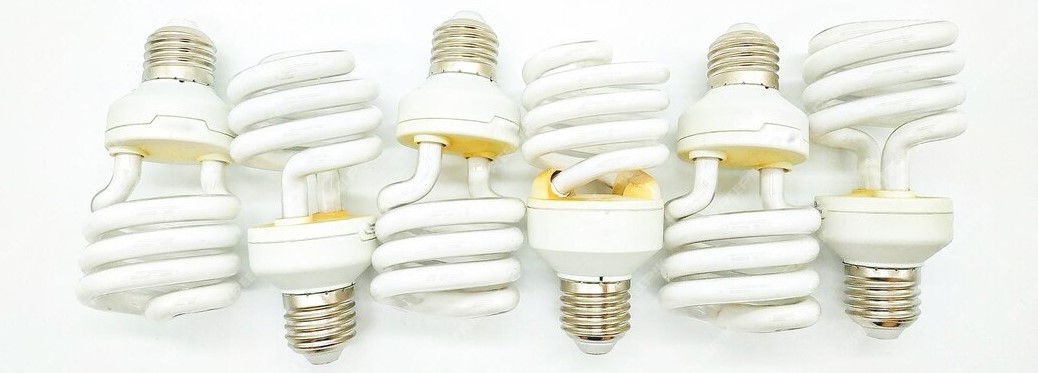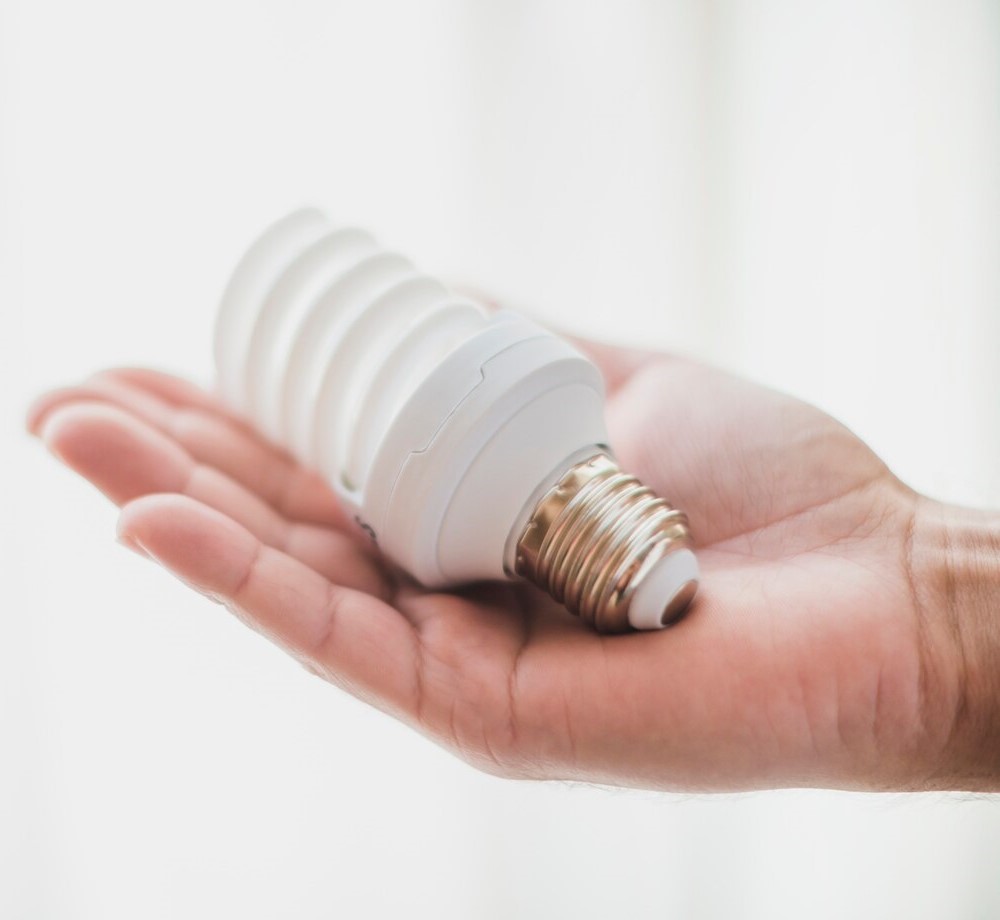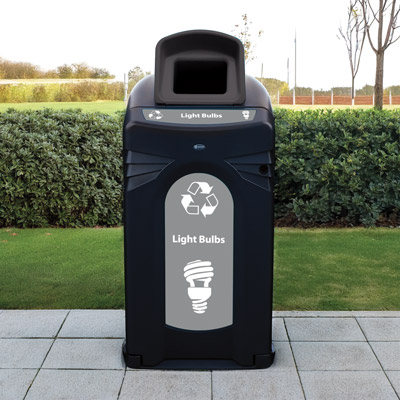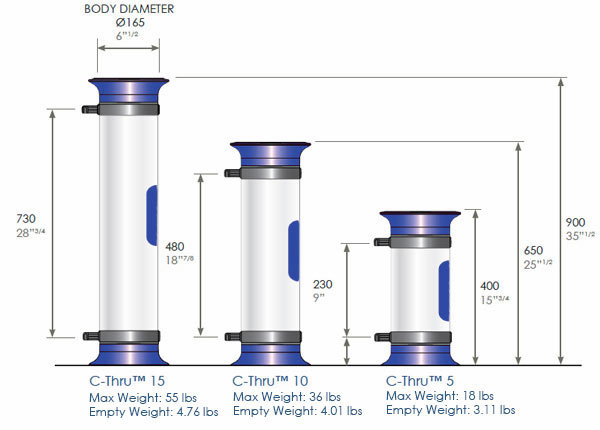After initially setting its end to 2025, Washington has extended its fluorescent bulb stewardship program to 2035 making the recycling of Compact Fluorescent Lamps (CFLs) mandatory. Washington is not alone in its endeavors.

What US States Have Introduced Legislation For CFL Recycling?
So far, eleven US states have implemented legislation mandating the recycling of CFLs and other mercury-containing products.
States and their legislations are as follows:
- Washington - Mercury-Containing Lights Product Stewardship Law (RCW 70.275)
- Vermont - Mercury-Added Products Law (10 V.S.A. Chapter 164)
- Rhode Island - Mercury Reduction and Education Act (R.I. Gen. Laws § 23-24.9)
- New York - Mercury-Added Consumer Products Law (New York Environmental Conservation Law § 27-2107)
- New Hampshire - Universal Waste Rule (RSA 149-M:58)
- Maine - Mercury-Added Product Laws (38 MRSA §1672)
- Massachusetts - Mercury Management Act (Chapter 190 of the Acts of 2006)
- Minnesota - Mercury Reduction Act (Minn. Stat. §§ 115A.932)
- Florida - Universal Waste Rule (Chapter 62-737, Florida Administrative Code)
- California - Universal Waste Rule (CCR Title 22, Division 4.5, Chapter 23)
- Connecticut - Mercury-Added Products Law (Conn. Gen. Stat. § 22a-613)
Individual legislation in each state prohibits the disposal of CFLs in regular trash, making light bulb recycling mandatory by law. Fluorescent lights must be disposed of at local collection events or brought to participating retail stores that offer a recycling service.
Why The Sudden Urge For Recycling CFLs?
CFLs contain mercury. This helps them shine brighter and makes them more energy efficient. However, mercury is a very hazardous substance that poses significant health risks when touched or ingested. Heating mercury can release vapors that are dangerous to inhale. Mercury contamination poses a significant public health and environmental risk. While CFLs contain only small traces of mercury, estimated at around four milligrams on average, breaking a light will release the substance contaminating the air and environment increasing the potential for significant ongoing repercussions to people’s health and the environment.
State legislation seeks to ensure the safe disposal of mercury-containing CFLs, and guarantee consumers and the environment are not exposed to mercury.
For guidance on the recycling of CFLs per state, see the below:
How Can Local Businesses Help?
One opportunity to dispose of CFLs is at local collection events. Instead of waiting for these events, consumers can visit local retailers that offer a service for safe and efficient fluorescent bulb and fluorescent tube disposal.

So far, select major retailers such as Lowe’s and Home Depot already offer this kind of service in the aforementioned US states (see above guidance for more information) to assist customers with fluorescent light recycling. While free, some stores may limit the number of fluorescent bulbs and tubes dropped off. This can mean consumers may not always be able to dispose of all their CFLs in one place and would have to travel long distances to visit multiple large retail stores or be forced to store their remaining fluorescent lights for longer periods.
Local stores represent a convenient alternative to larger retailers which may impose a limit on the number of fluorescent bulbs that can be dropped off with them. With large retail chains leading the way in providing consumers with a way to effectively and safely dispose of their CFLs, it is up to mid-sized and smaller businesses to fill the demand gap and reap the financial and environmental benefits of offering a disposal service for used fluorescent lights.
What Will Businesses Have To Do?
Businesses will have to manage different kinds of waste including batteries in compliance with regulations set by state legislation and ensure adequate fluorescent bulb and fluorescent tube disposal and recycling. State legislation prohibits the disposal of CFLs and other hazardous waste in regular trash. Businesses that offer the disposal of fluorescent bulbs and tubes will also require an EPA ID number.
Intact CFLs may also be managed as universal waste alongside High Intensity Discharge (HID) lamps. Both types of lamps must be placed in a container that remains closed except when adding or removing lamps. The container must be adequately labeled as either ‘Universal Waste – Lamps’, ‘Waste Lamps’, or ‘Used Lamps’.
Additionally, facilities must be able to prove that the lamps have been on site for less than a year. Universal waste lamps can then be shipped in approved containers to an approved disposal or recycling facility. A pick-up may also be arranged by authorized transporters.
What Recycle Containers Are Ideal For CFL Disposal?
To facilitate the efficient and easy disposal of CFLs, businesses can rely on various available containers, while considering what sizes, capacities, designs, and labeling meet their individual needs. Glasdon also offers bespoke labeling for our containers, giving retailers the option to pursue the universal waste route.
Nexus® City 64G Light Bulb Recycling Bin
Part of our range of outdoor trash receptacles, the Nexus City 64G Light Bulb Recycling Bin offers a large capacity making it the ideal choice for any area where large amounts of light bulbs need to be disposed of and stored.
Constructed from double-skinned Durapol, the Nexus City 64G recycling hoods are extremely sturdy and can withstand heavy use and operator misuse. The material is also vandal and weather resistant, offering a long life and minimal maintenance.
The Nexus® City 64G offers a noticeable recycling point for public areas where recycling is an issue.
To learn more, explore our range of CFL and Fluorescent Lamps Collection Containers.

Kickstart Your Battery Recycling Program

Alongside providing facilities for fluorescent light recycling, businesses are also able to provide facilities for the disposal of other hazardous materials such as batteries. This way, customers have the chance to recycle both light bulbs and batteries at the same time.
To view our range of battery recycling containers, click here.




